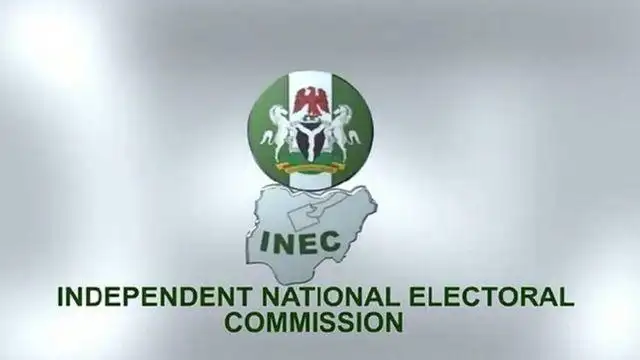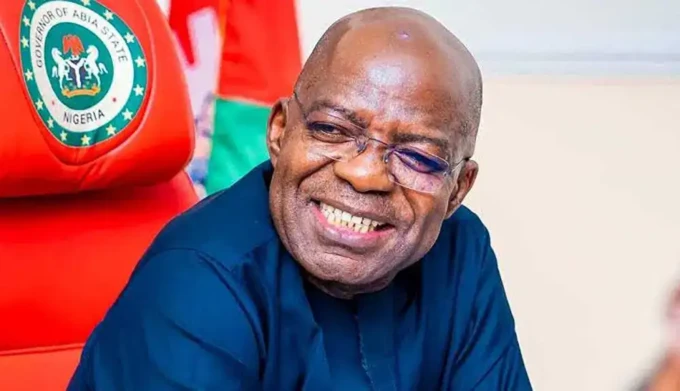Hon. Benjamin Kalu, Chairman of the House of Representatives Committee on Constitution Review, has disclosed that none of the 31 proposals submitted for the creation of new states in Nigeria satisfies the constitutional criteria. The revelation came during a two-day retreat for committee members, which began on Friday in Ikot Ekpene, Akwa Ibom State. Kalu, who also serves as Deputy Speaker, further noted that the parliament has received over 200 bills proposing amendments to the 1999 Constitution.
Addressing the retreat, Kalu emphasized that the sheer volume of bills—now numbering around 250 according to recent updates—demonstrates a shared resolve to enhance Nigeria’s governance framework. “This bill reflects our collective commitment to refining governance in Nigeria,” he said. While some bills have advanced to the second reading, others remain at the first reading stage. Kalu expressed the committee’s intent to expedite these proposals following discussions at the retreat.
The retreat’s agenda includes reviewing the bills, integrating consultants’ insights, familiarizing members with bill contents, prioritizing legislation based on national interest, and preparing for zonal public hearings and a joint session with the Senate. The bills have been grouped into thematic areas such as federal structure and power devolution, local government autonomy, public revenue, fiscal federation, revenue allocation, and electoral reforms—key issues aimed at addressing Nigeria’s structural and administrative challenges.
Kalu highlighted a significant hurdle in the review process: none of the 31 state creation proposals meets the constitutional threshold. Though he did not elaborate on specific deficiencies, this suggests that advocates for new states face an uphill battle. Additionally, he pointed out instances of duplication among the bills, either through overlapping sponsors or subject matter, which the committee will need to streamline.
With 151 bills initially before the committee and the total now approaching 250, the scale of the constitutional review effort is unprecedented. Kalu stressed the importance of advancing stalled legislation, stating, “It is our intention that by the time we are done with our conversation during this retreat, we progress those bills at the first reading stage for them to be given expedited hearing.”
As Nigeria grapples with governance reform, the committee’s work could reshape the nation’s political landscape. However, the rejection of new state proposals underscores the rigorous standards in play, setting the stage for a meticulous and potentially transformative review process.












Do we really need more red tape to propose new states? Seems like a bureaucratic nightmare! Whos with me?
I dont buy it! Are the requirements too strict or are state proposals just not up to par? Lets discuss!
I cant believe the House Committee Chairman thinks no new state proposals meet requirements. Do they even consider the needs of the people?
I dont buy it! Theres gotta be a new state proposal out there that meets the requirements. Lets keep searching!
Is it really fair to dismiss all new state proposals without giving them a chance to be heard? Seems a bit close-minded to me.
I cant believe the House Committee Chairman actually said that! Do you think its time for some new state proposals?
Im not convinced! How can no new state proposals meet requirements? Something seems fishy here. Lets dig deeper!
I cant believe none of the state proposals met the requirements! Whats the point of even having a committee chairman if nothing gets through?
Why are we even bothering with new state proposals if none of them meet requirements? Waste of time much?